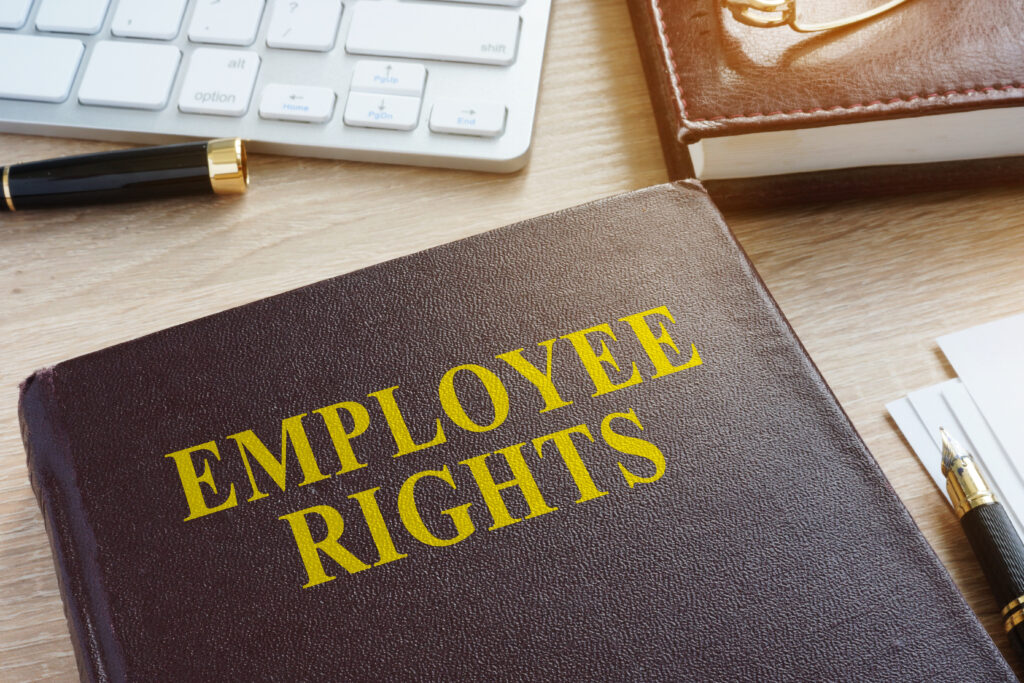When a company is insolvent, the directors of a company are under a duty to protect the interests of the company’s creditors. Directors can therefore be liable for the actions they take before a company stops trading and also during insolvency. This includes:
(a) Wrongful trading
If directors continue to run a business and incur further credits and debts despite knowing there was no way of the company avoiding insolvency, they may be liable for wrongful trading.
(b) Fraudulent trading
If directors continue to run a business and incur further credits and debts, despite knowing there was no way of the company avoiding insolvency and with an intent to defraud creditors, they may be liable for fraudulent trading.
(c) Personal guarantees
Insolvency measures will likely result in any personal guarantees that have been given by directors for debts of the company being enforced.
(d) Preference payments
If insolvency is likely, a company should treat all creditors equally. If one creditor is treated in priority to others so they are in a better position, directors could be personally liable for the payments made to the preferred creditor.
(e) Transactions at undervalue
If there is a transfer of assets for less than the market value in the two years before insolvency, then the directors may be personally liable to contribute to the difference in value.
If there is concern as to whether a director is at risk during insolvency, advice should be sought from a solicitor immediately. Edward Beedham specialises in the legal and procedural aspects of corporate insolvency, including directors’ duties, obligations and risks. If you require advice on corporate insolvency, please contact us.









